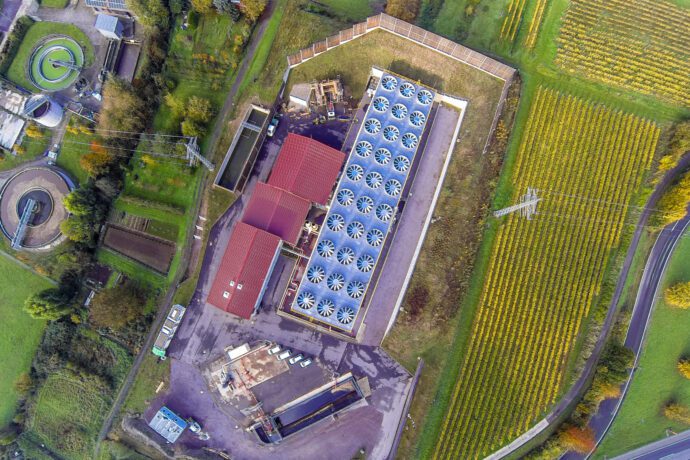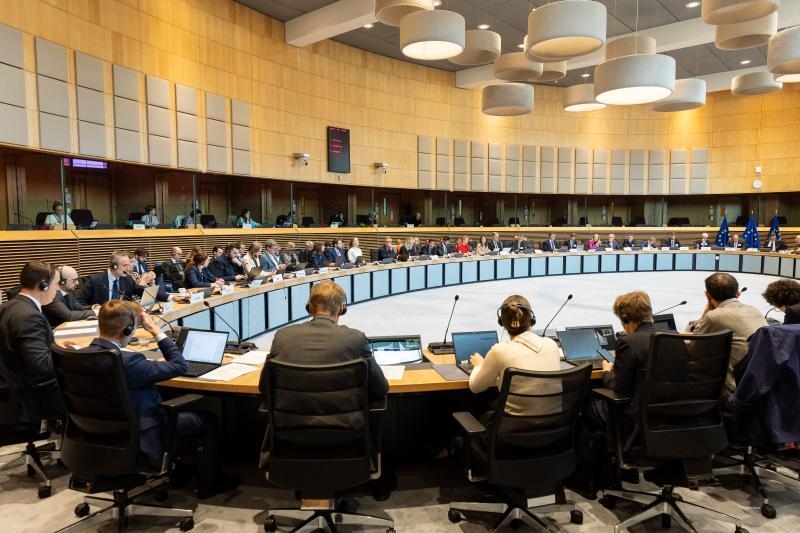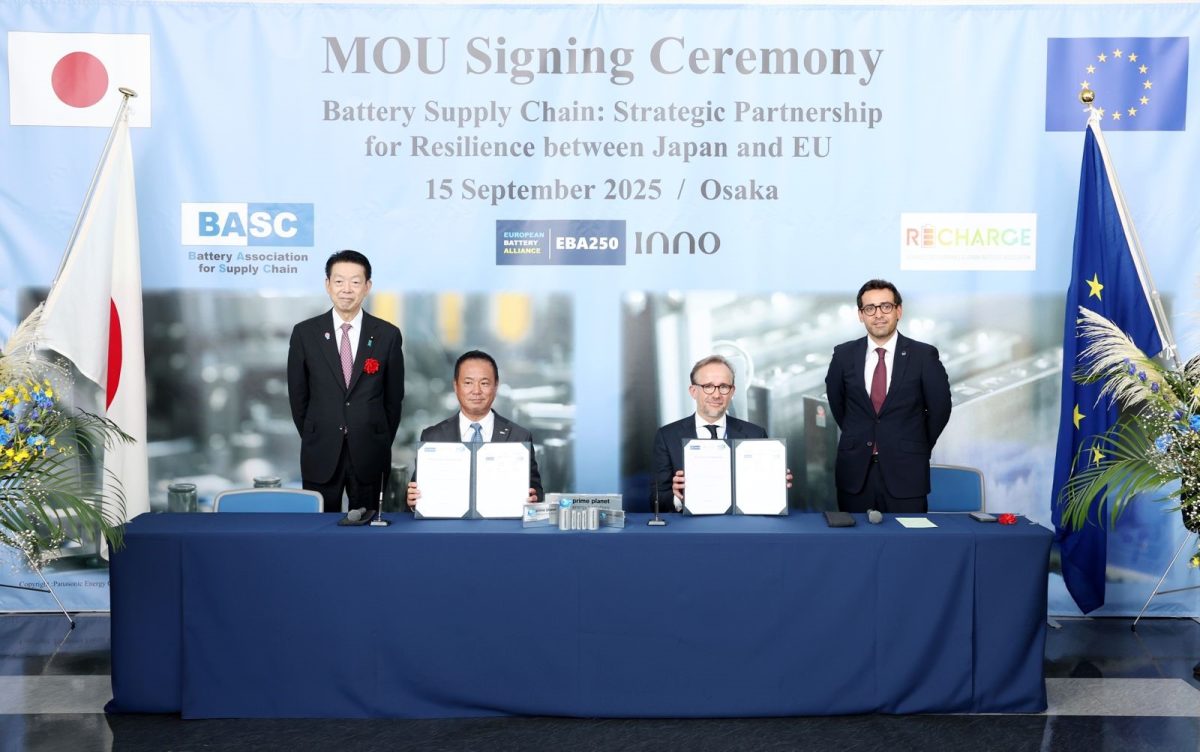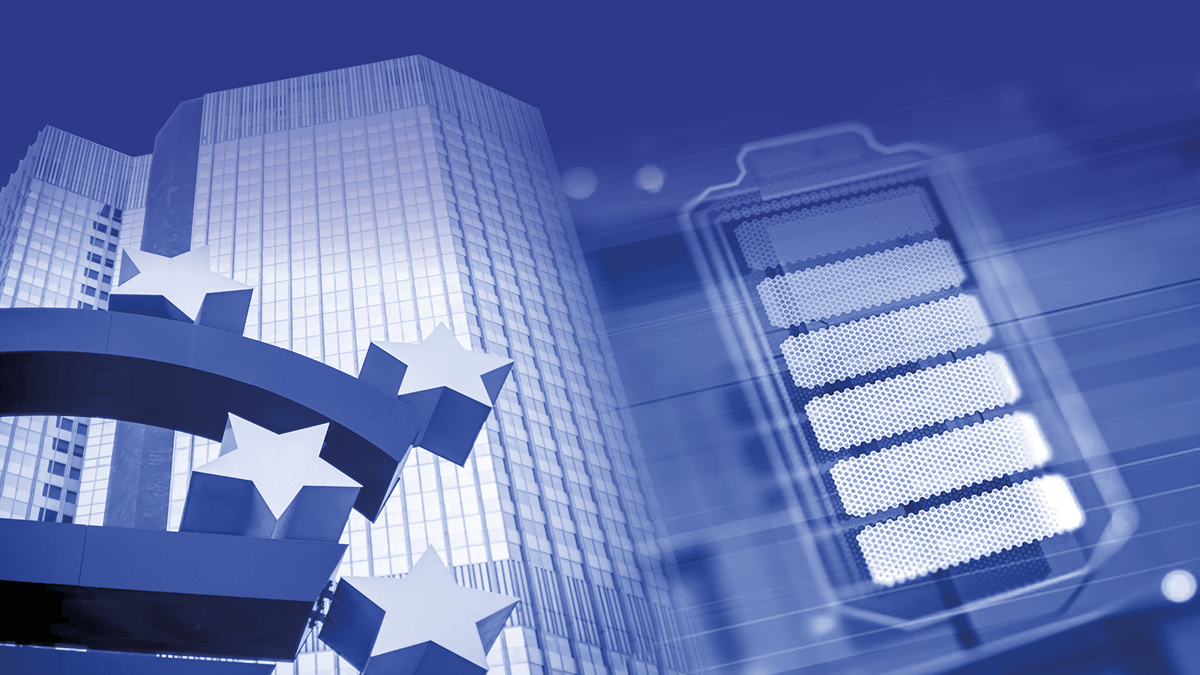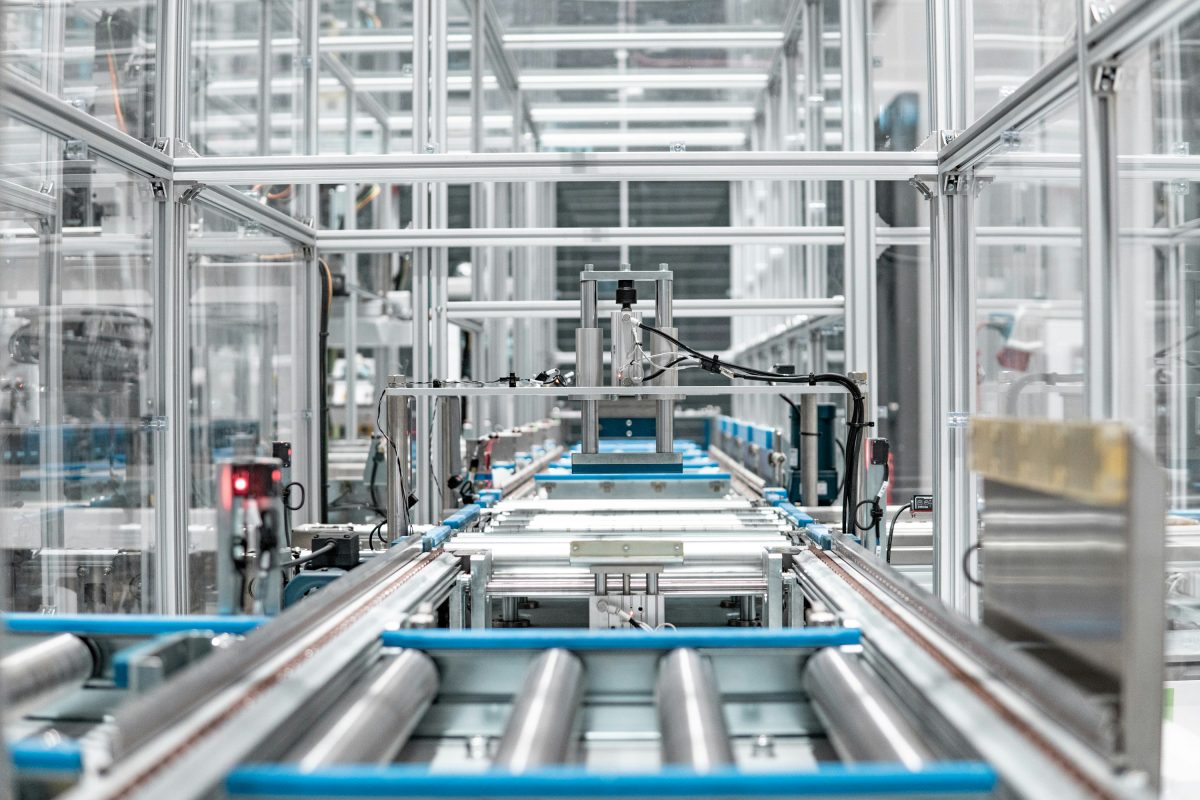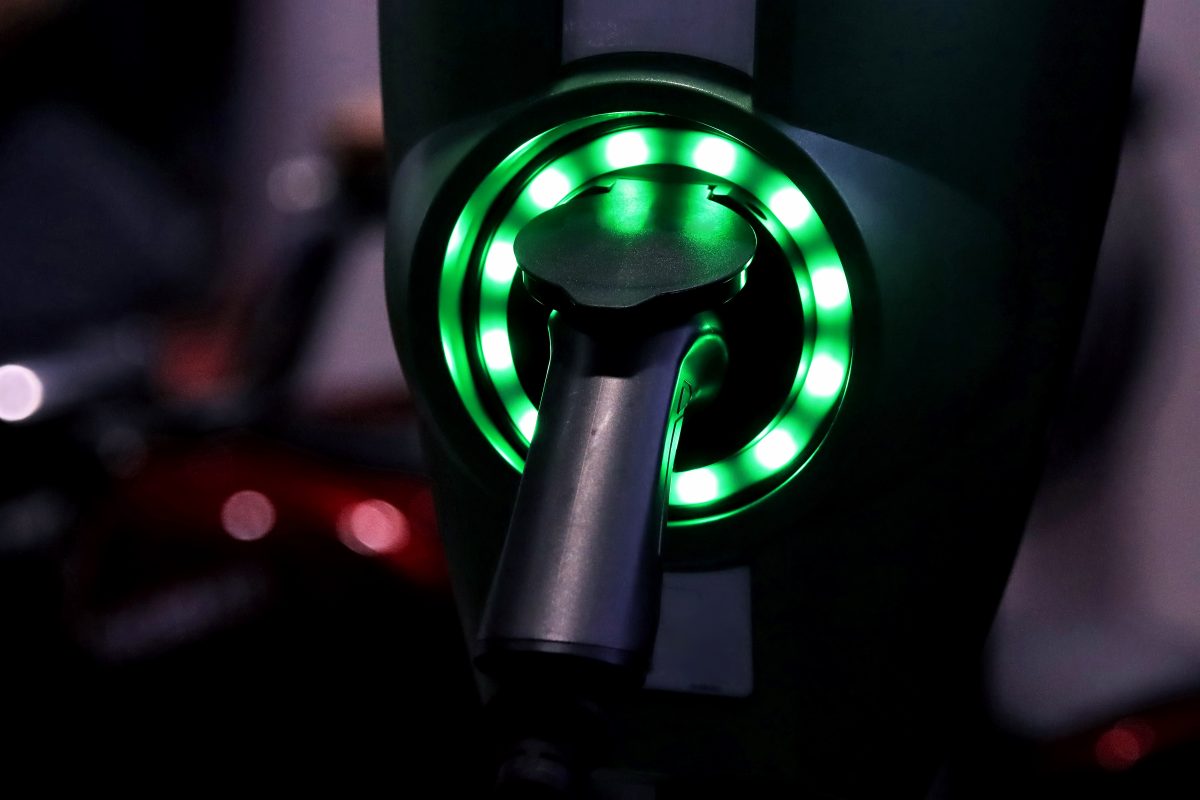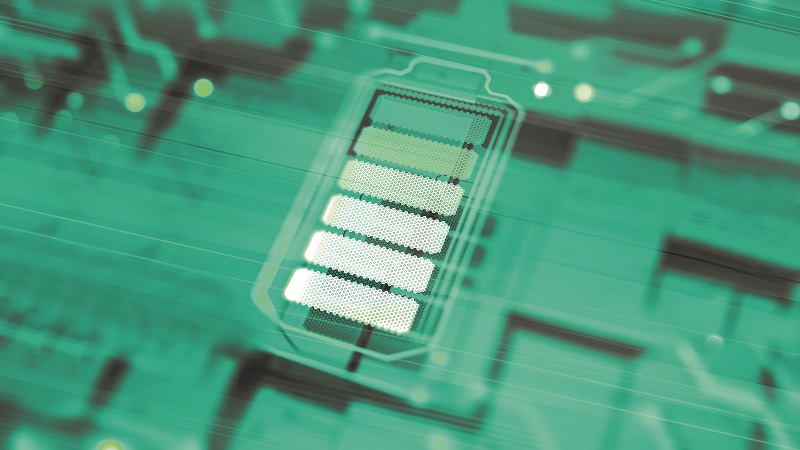
Jul 8, 2021
New battery recycling initiatives in Europe
Speeding up battery recycling capacities is critical to meet the increasing volumes of waste batteries on the market, to secure Europe’s position as a leader in the circular economy and to build a strong position in such a volumetric industry. Europe counts indeed over two million EVs on its roads today, and this number is expected to reach seven to eight million by 2025.
We therefore see an increasing number of initiatives and projects in this field. Lately, the Orano Group has announced its partnership with MTB, Saft, Paprec and CEA to launch the RECYVABAT (Recycling and Recovery of Batteries) project. Supported by the French recovery plan (grant of over 6M€), the project will test a new process for purifying and recovering the metals contained in the batteries of electric vehicles (lithium, cobalt, nickel, etc.) so that they can be recycled and made into new battery components. Didier David, Orano’s Project Director for the recycling of electric vehicle batteries, declared: “The project to recycle batteries for electric vehicles is the result of the group’s strategic thinking on our potential avenues for diversifying. Sales of Plug in hybrid and full electric vehicles are booming and recent studies estimate their market share at 50% of car sales in 2030 and the need to recycle their batteries with an efficient and low CO2 process will follow. Furthermore the necessity to retrieve the strategic materials and thus ensure EU with a supply source of those materials within a circular loop is crucial. It is indeed an interesting opportunity for Orano and its partners to develop an innovative recycling process. In addition, it is compatible with the group’s competencies and purpose”.
Solvay and Veolia are also moving forward their collaboration on battery recycling initiated in September 2020, announcing the establishment of a demonstration plant for recycling battery metals. After the successful demonstration of the proof-of-concept, the partners now intend to build demo plant that will feature and operate all the units of operation of the industrial process. This includes the dissolution of the metals contained in the incoming black mass, the separation, concentration, purification of individual metal elements, and finally their transformation into high-purity metal salts responding to the specifications of cathode active materials producers. The new plant will be located in France – the exact location has not been decided yet – and the project is also partly supported by the French governement. Quoted from the press release issued last week, Ilham Kadri, CEO at Solvay said: “I am delighted to see this project move forward and advance on circularity and cleaner mobility, with this joint operation agreement, we are reaching the next step of our alliance with Veolia and moving to the demonstration plant phase, which is the longest and most critical phase of the project. It aims to qualify the end-products of recycled pure metals. With this partnership, we have a fantastic opportunity to build a greener battery ecosystem.”
In addition, Stena Recycling announced an investment of 250 million kronor (approx. €24.5 million) to build notably a new battery recycling facility in Halmstad, Sweden. In the press release issued by the company last week, Fredrik Pettersson, Managing Director of Stena Recycling Sweden said: “We see a strong growth in the sale of electric vehicles where we need to meet our customers’ needs to dispose of spent batteries in a safe and environmentally sound way. This major investment is part of our strategy to be a leader in the collection and mechanical processing of lithium-ion batteries to establish a circular cycle for batteries.” Stena Recycling aims at recycling 95 percent of a lithium-ion battery. It will collaborate with Johnson Matthey to add another process step to produce fully refined materials that can be used in the production of new lithium-ion batteries.
We welcome such projects that address one of the remaining challenges that the European Battery Alliance has identified. Fully aligned with the circular economy concept, accessing secondary raw materials through battery recycling is a prerequisite not only to secure access to valuable raw materials but also to build more resilient supply chains for batteries materials. They will be key to ensure the successful establishment of a strong, competitive and sustainable battery industry in Europe.
More EBA250 news
The European Battery Alliance (EBA) welcomes today’s announcement by Executive Vice-President Stéphane Séjourné on…
Vulcan Energy has reached a major milestone with the Final Investment Decision (FID) for…
Today, a joint High-Level Ministerial Meeting of the European Battery Alliance (EBA) and the…
We are pleased to announce that today we have signed a Memorandum of Understanding…
The European battery sector does not need a new strategy – it needs a…
U.S.-based battery innovator Lyten has signed binding agreements to acquire all of Northvolt’s remaining…
The European Battery Alliance (EBA) welcomes the European Commission’s swift decision to award €852…
Last week, the European Commission published the Clean Industrial Deal State Aid Framework (CISAF),…
We are pleased to welcome Emma Nehrenheim as new Managing Director of the European…
As Europe’s battery cell manufacturers face increasing competitive pressure, EBA250 remains actively engaged in…

